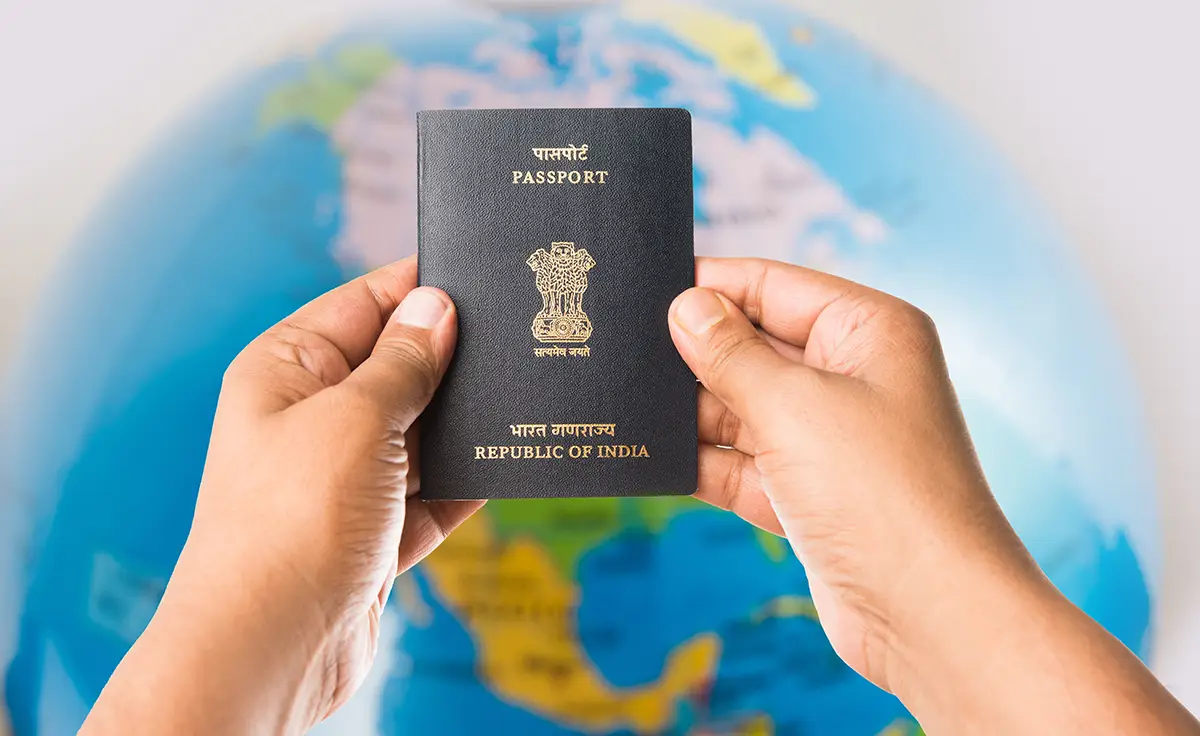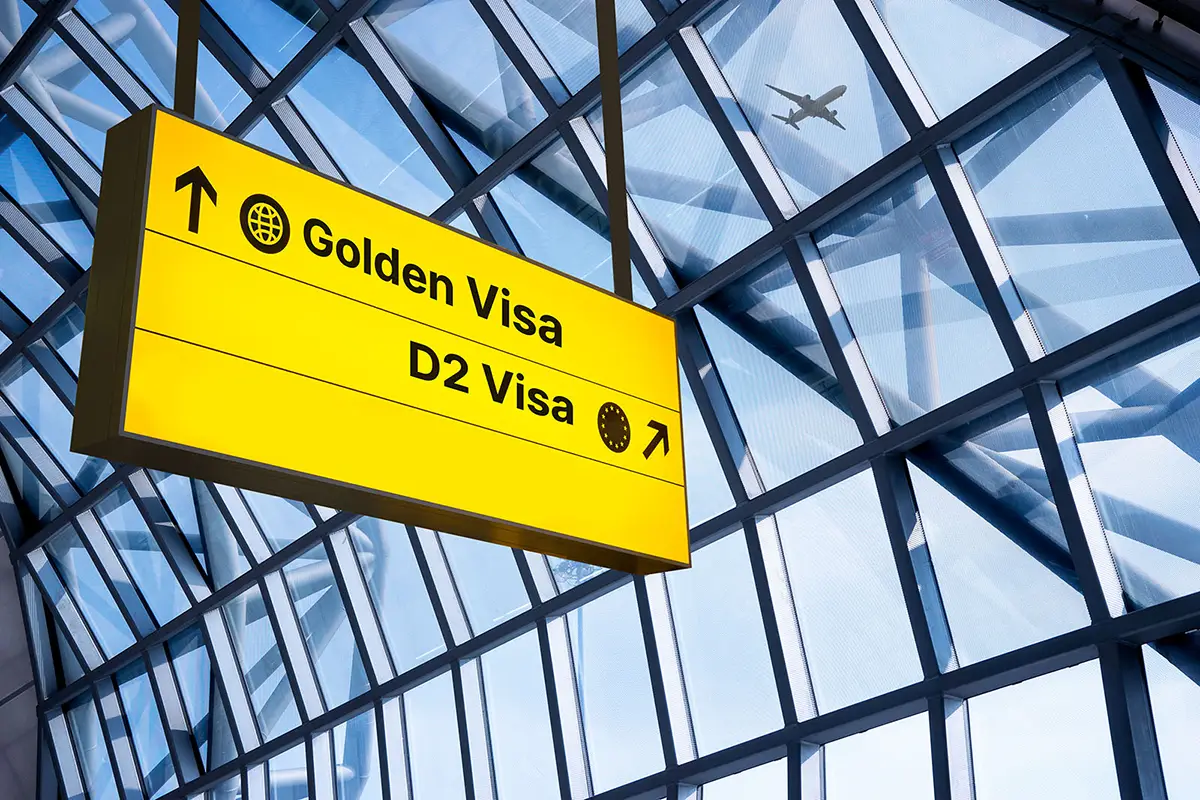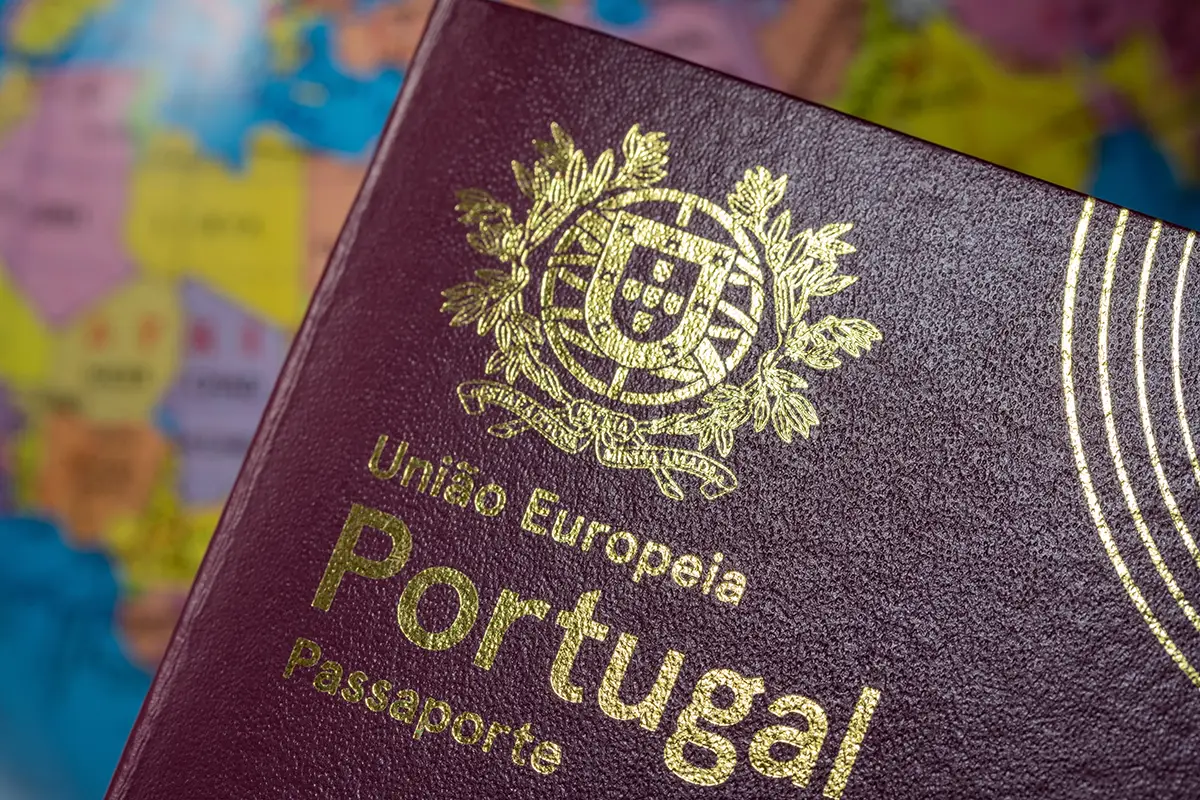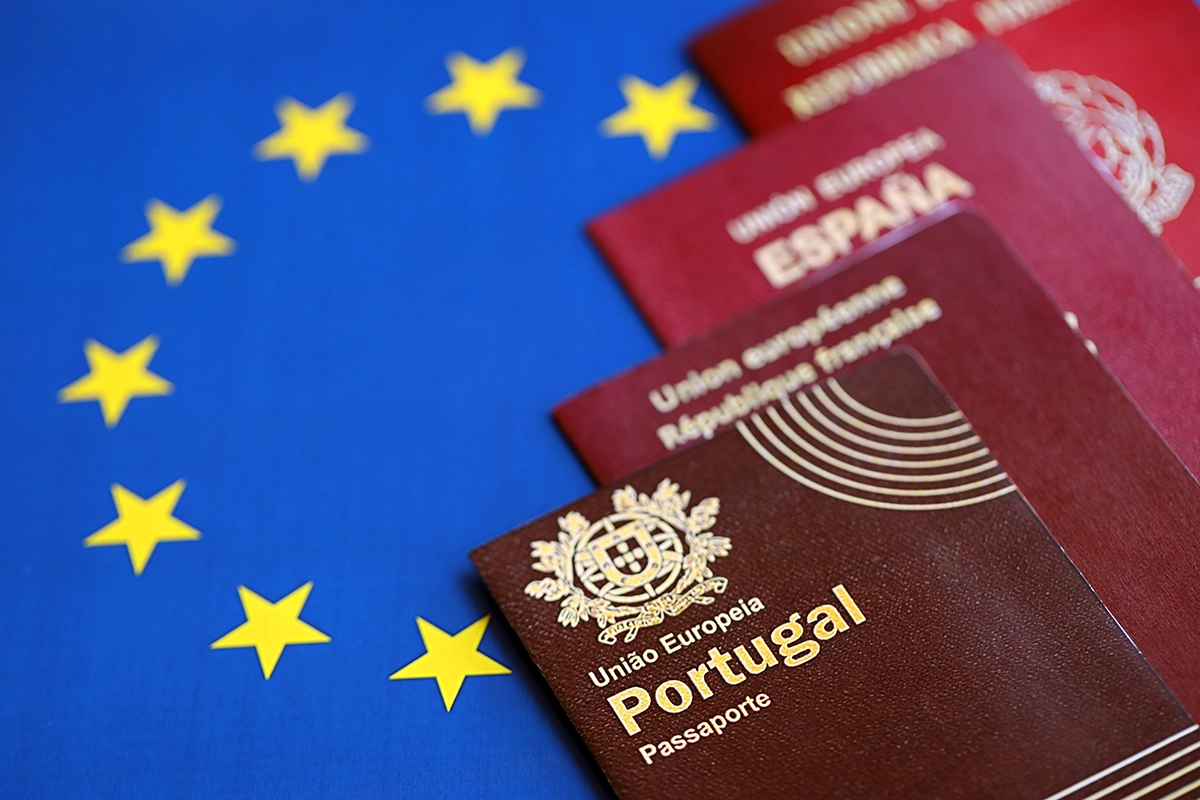Indian Citizens Rejecting their Nationality: A Rising Trend
Thousands upon thousands of Indian citizens renounce their Citizenship every year. Over the last decade, between 120,000 to 140,000 Indian nationals gave up their passport every year. This means an estimate of more than 1 million occurrences of Indian citizens giving up their Citizenship between 2011 and 2022. It was precisely in 2022 that this number massively increased, with a record number of 225,620 Indian nationals rejecting their status as Citizens – double the numbers registered in 2011.
While an argument could be made that it was due to the backlog that had increased during Covid times, 2023 proved this idea further wrong. While it did not reach the numbers set by 2022, 2023 still witnessed an impressive number nonetheless – 216,219 Indian nationals formerly relinquished their Citizenship. If this trend proves to be a pattern, once 2024 ends, more than half a million Indians will have given up their nationality in a span of 3 years.
Why are so Many Giving Up on their Indian Passport?
There is no universal reason driving Indian citizens to move out of India and renouncing their passport. At the end of the day, moving abroad is always an intimately personal decision. However, there seems to be a pattern in what motivates so many to give up their citizenship. Investment Visa identified the following.
The Matter of Dual Citizenship
According to the Constitution of India, dual citizenship is not allowed. This is referred to specifically in the Citizenship section of the Indian national law, stating that “persons voluntarily acquiring citizenship of a foreign State not to be citizens. - No person shall be a citizen of India (...) if he has voluntarily acquired the citizenship of any foreign State.”
What this means is that no Indian citizen can hold another passport – no matter the country. If they do so, they relinquish the right to hold their Indian passport.
But what exactly is Dual Citizenship? To simply put it – it is when a person holds two or more passports. Having dual citizenship means legally being a Citizen of at least two distinct countries. For instance, having both a passport from the United Kingdom and the United States. This is achievable, especially since both countries allow Dual Citizenship.
Since India does not enable its Citizens to hold another country’s passport, it becomes easier to understand why so many reject their Indian citizenship. However, it is far from the only reason driving so many to make such a definitive decision.

Greater Global Mobility
The Indian passport is far from being among the worst, but its power leaves much to be desired. At the time of the writing of this article, India currently occupies the 74th position, according to the Global Passport Index. Out of the 193 countries recognized by the United Nations, only 29 of them allow Indian citizens visa-free entry. 44 countries grant visa-on-arrival, and a staggering 125 countries will demand a visa from Indian nationals.
Environmental Challenges
It should not be forgotten that India is a massive country, and that climate is not universal across the country’s many regions. Regardless, India has been facing many environmental challenges throughout its territory. Whether its massive heatwaves bringing temperatures reaching as high as 50ºC (around 120ºF), traffic leading to elevated levels of air pollution over some of the most important Indian cities - to name a few.
Economic Opportunities
Other countries offer a much higher income and growth potential, especially in the fields of technology, finance, and healthcare, which Indian workers tend to excel and prioritize. Not to mention more stabilized workers' rights. However, these positions are not particularly easy to access for foreign-based nationals due to visa restrictions. Consequently, long, and newly established Indian nationals reconsider the need to keep Indian citizenship.
Taxation Benefits
With a complex tax system, India fails to remain competitive on a global scale, especially when there are other countries that captivate Indian citizens with enticing and beneficial tax programs. When these countries offer both benefits and investment immigration solutions, including Residency & Citizenship, Indian citizens, especially high net-worth individuals, have an easier time deciding to renounce their Indian passport.
Better Quality of Life
With such a widespread diaspora, it becomes easy to understand why Indian nationals seek better and higher quality of life, for themselves and for their children. Access to top-tier universities and schools, which provide better educational opportunities; to efficient healthcare structure, robust social security systems, and to higher levels of safety, security, and political stability – all this drive Indian nationals to seek Citizenship elsewhere.

Renouncing Your Indian Citizenship: Step by Step Process
If you are an Indian national and you wish to obtain another country’s citizenship, you will have no choice but to renounce your original passport. There is, however, the option to remain in contact with India via OCI – Overseas Citizenship of India. This essentially enables you to become a Permanent Resident, which entitles you to live and work in India, though you lose the ability to vote, or hold public office. Ultimately, though, you will have to relinquish your passport.
If you are thinking about giving up your Indian citizenship, you are probably wondering: how can I go about doing it?
Step 1: Acquire a Second Citizenship
If you do not want to become stateless, it is not wise to surrender your Indian citizenship before securing your second passport. The first step should always be to first achieve a second passport in your country of choice, whether through naturalization, descent, or even investment means.
Step 2: Fill Out the Online Forms
After you have secured your second citizenship, it is time to fill out the required forms. Conveniently, this procedure is done entirely online, and through the Ministry of Home Affairs’ Indian Citizenship Online Portal. You will be required to upload the required documents, fill out Form XXII, and pay a fee – either directly through the portal, or in the next step. This costs around Rs. 8000. You will receive confirmation which you must print.
Step 3: Visiting the Nearest Indian Embassy
With the printed confirmation in hand, you must schedule an interview at your nearest Indian Embassy in your new country. You will have to sign a declaration and bring some documents, including, but not limited to: your original Indian passport, your new passport, birth certificate copies, Indian Voter ID card, among others.
At this point, you will have to surrender your original passport. Typically, you have a timeline of 3 years, though it is always advisable to do it sooner rather than later, as you may be penalized if you do not do so. However, your ability to travel with the Indian passport after acquiring a second citizenship will be severely limited: you have a grace period of only 3 months, according to Indian law.
In the Embassy, you will surrender your Indian passport to be canceled and be issued a Renunciation Certificate from the Consular Section of the Embassy – which typically takes up to 8 weeks. After this document is in your hands, you will be returned your canceled Indian passport and a confirmation receipt.

The Best Citizenship by Options & Strongest Passports for Indian Nationals
With so many Indian citizens having already relinquished their passport, the question “Why can’t I do it too?” may hang over your head. And if you are wondering about this, you must certainly have other follow-up questions, including: “What other countries can I get citizenship from?” and “What is the easiest way to obtain another country’s passport?” We have the answers for you. No matter the country, investment is the best way to acquire citizenship.
Portugal
Portugal does not have a direct citizenship by investment program, but it offers one of the easiest and most convenient pathways to both Portuguese & EU citizenship. According to Portuguese law, everyone living legally in Portugal for at least 5 years is eligible to apply for the passport – including residents who have invested in Portugal, either through the Golden Visa or the D2 Visa programs.
Greece
Greece is a preferred location for many Indian nationals due to its Golden Visa, a Residency by Investment program which also paves the path for Greek & EU citizenship. With a Real Estate investment, and after 7 years of living in Greece, Indian nationals can become holders of a Greek passport, and then choose to relinquish their original citizenship.
United States
With an estimate of around 5 million Indian people living in the United States, whether expats or direct descendants, the country is a natural choice for many Indian citizens. With its own dedicated investment immigration initiative, the EB5, also technically considered a Golden Visa, Indian citizens have a facilitated path toward the U.S. Green Card and permanent residency, with the possibility of unlocking Citizenship down the road.
United Arab Emirates
Due to the proximity between India and the United Arab Emirates, it tends to be a destination often coveted by Indian nationals. However, there is one big caveat when it comes to the United Arab Emirates. While not impossible, it is extremely difficult to obtain UAE Citizenship. You would have to permanently live in the country, and fully commit to it, as the UAE, like India, does not allow Dual Citizenship. However, investing in the country with the Golden Visa program is an excellent first step.
The Caribbean
Alternatively, the Caribbean Five (Antigua & Barbuda, Dominica, Grenada, Saint Kitts and Nevis, and Saint Lucia), unlike the previous options, offer a straight path to Citizenship, in which you can obtain a passport right at the end of the investment process. With an average processing time of 3-6 months, and a minimum investment of USD $200,000, any of the Caribbean countries is an interesting choice for Indian nationals.
Investment Visa: Your Solution to Alternative Citizenship
Moving out of India has never been easier but finding the right country for you to lay down roots, integrate, and successfully achieve Citizenship is another matter altogether. Bureaucratic challenges aside, it might be yet the best decision you make in your entire life, as the benefits far outweigh anything else.
However daunting it may seem to start this journey, it is not one you have to make alone, especially when there is guidance to be had from experienced professionals. Investment Visa’s mission is all about helping you achieve your dream of moving abroad and unlock your brighter future.
We work with programs in Portugal, Greece, the United States, the United Arab Emirates, the Caribbean, and so much more. All these countries offer their own unique benefits, and we can help you make an informed decision. Our investment advisory team, with over 30 years of experience in the investment immigration industry, know all there is about Residency & Citizenship. Your brighter future awaits with Investment Visa.






























































































































